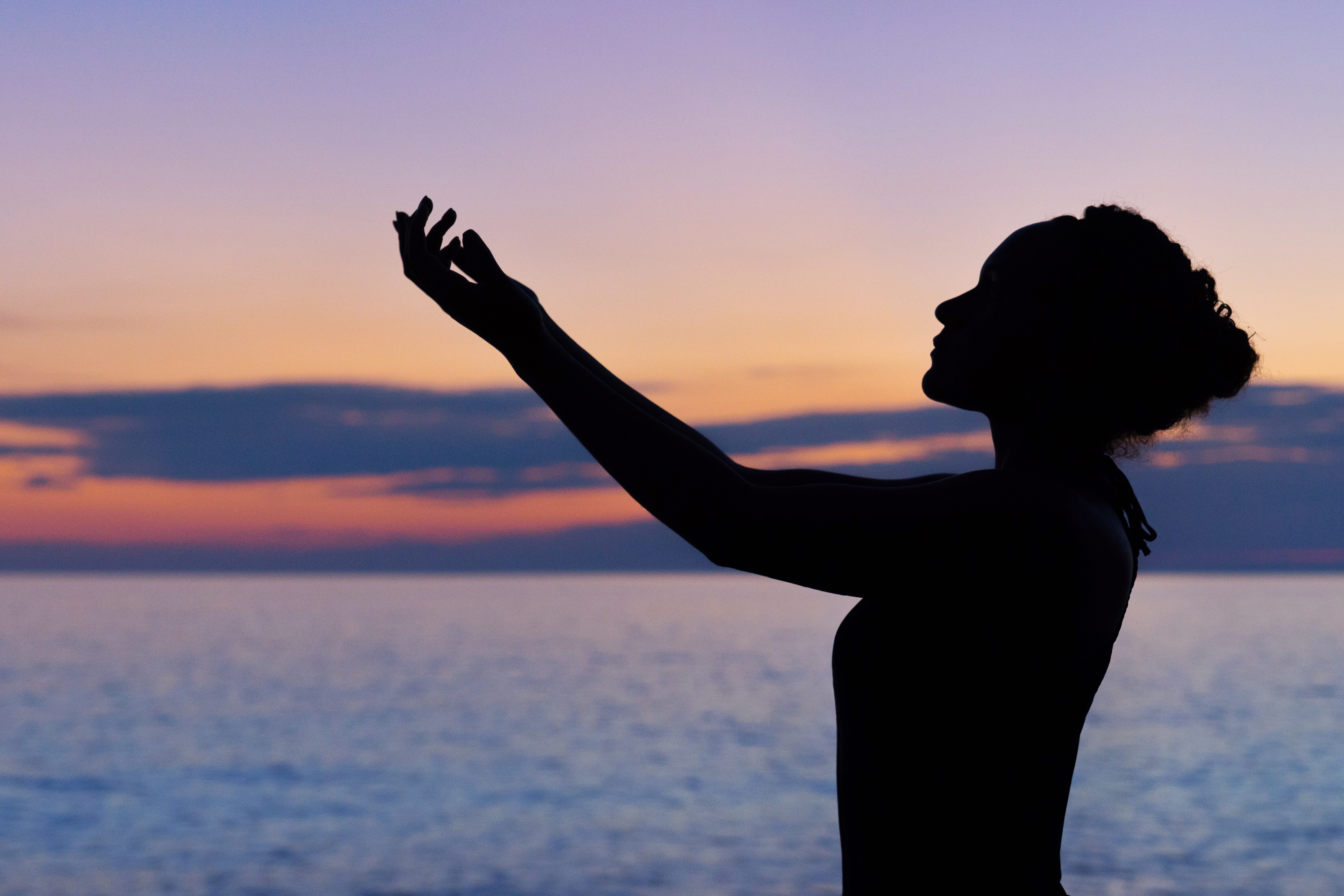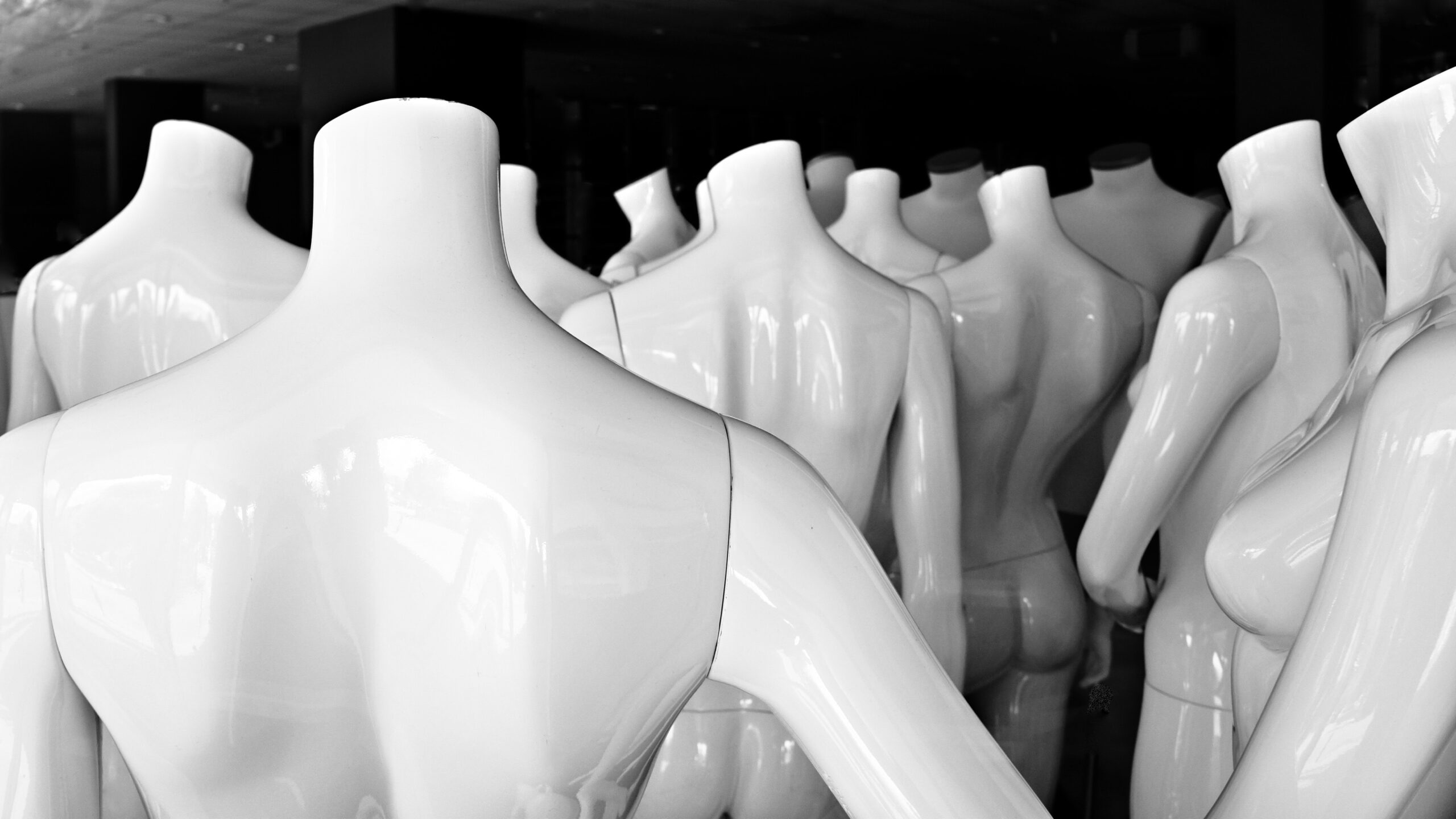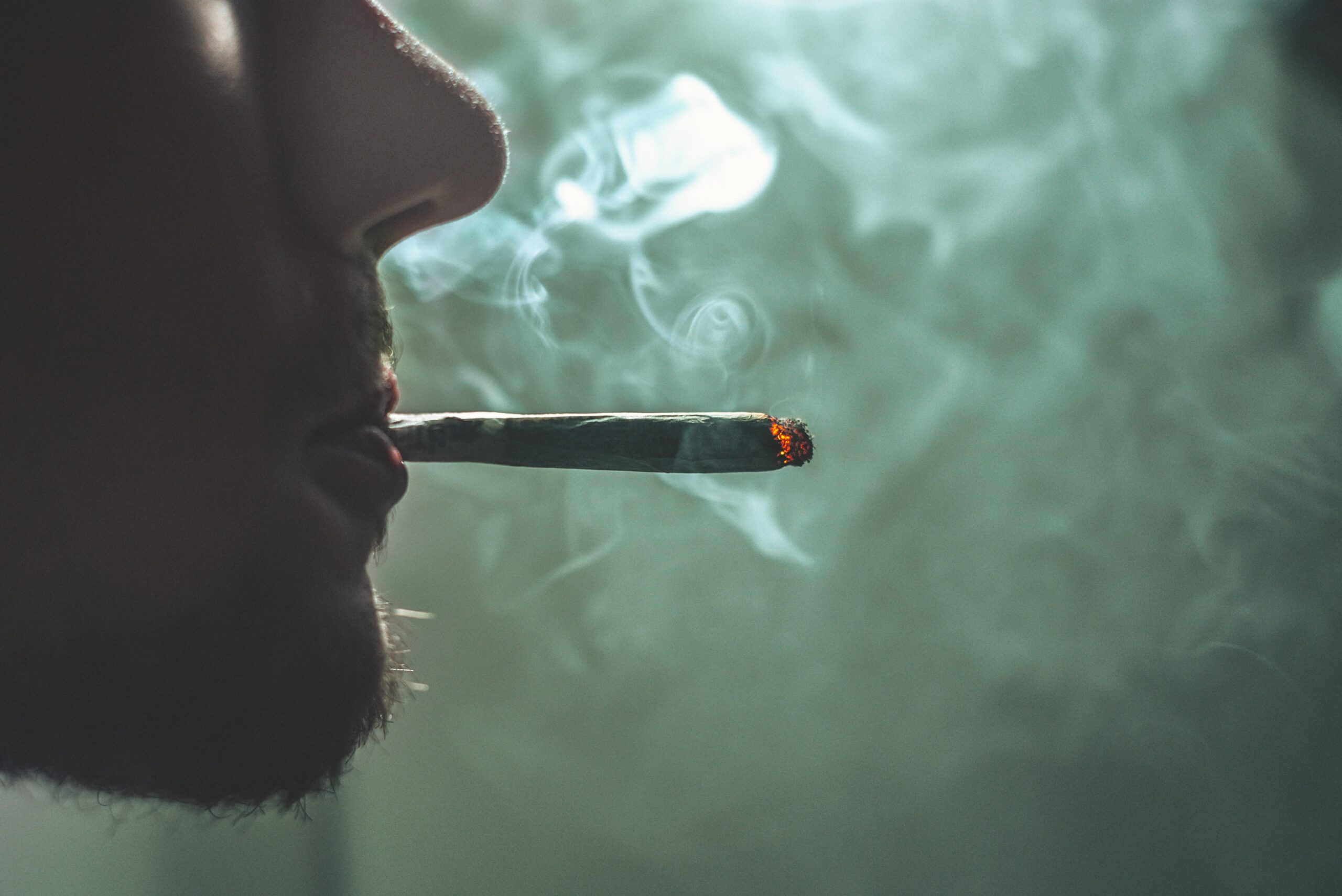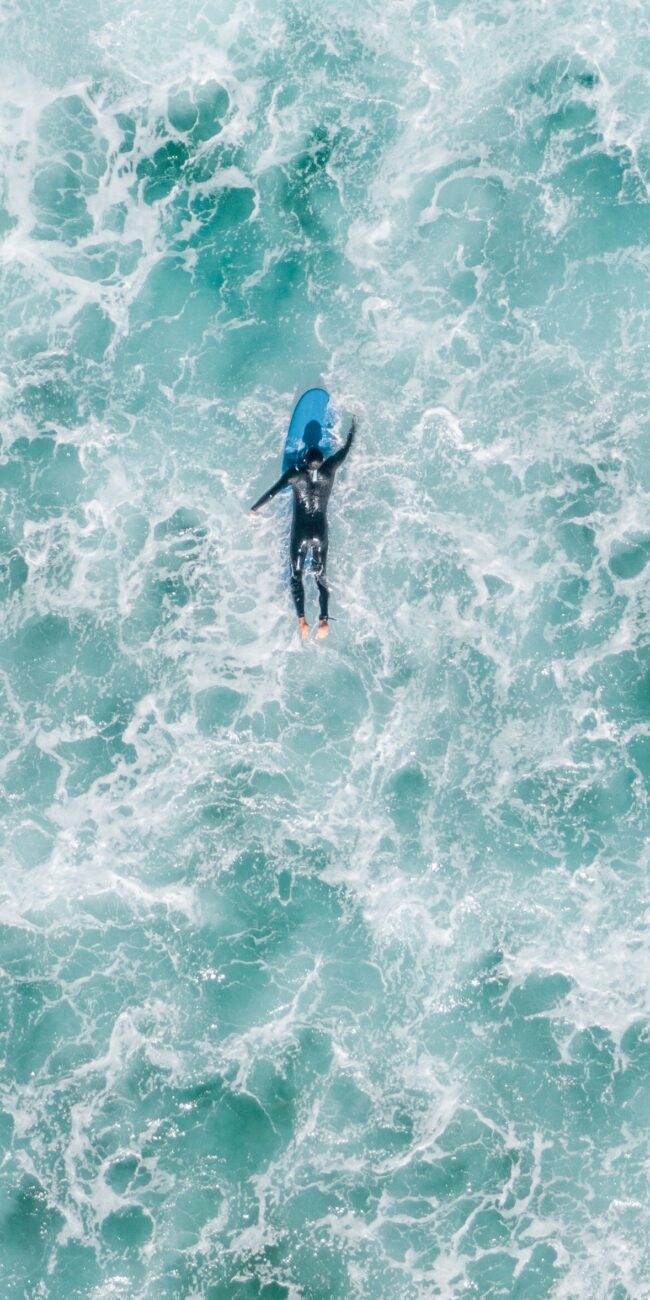
Drugs can be useful and fun, but chronic use will ultimately ruin you. Social media is exactly the same. Let me explain.
Last week I spent five days away from screens and social media. Actually… that’s a bit of a lie. I still answered emails everyday and at one point even watched an episode of Love on Netflix (it wasn’t good), but the goal was to stay off all messaging platforms, and to avoid social media like a Wuhan double-masker would avoid door handles. My self-imposed screenless retreat was a success; absolutely incredible, totally recommend it.
Screen-free fun was more fun. I was able to listen to and enjoy music with a depth that I haven’t been able to in months. The “zone” was more easily accessible when I was engaged in sports and physical activities. And sex – mannnnn, sex was a lot more intimate and infinitely more pleasurable.
On a similar note, screen-free rest was more restful. My body awareness was significantly amplified. I was able to notice habitual clenching, and volitionally reduce the chronic pain-inducing stiffness that came with the habitual clenching. Breathing was easier and I was able to expand my torso out like an accordian which further improved my chillness, for lack of a scientifically pretentious word. And finally, as you might expect, my sleep quality was unfuckwittable. Eight to nine solid hours of sleep each night and I woke up feeling equal to, or maybe even better than the Fleetwood Mac Skateboarding Guy.

All of these health and performance benefits came about from my decision to cut out social media. Clearly, chronic screen and social media usage can ruin our mental (and subsequently, physical) wellbeing. But is it worth getting rid of for good?
I’m of the opinion that just like drugs, social media can be useful and fun. So should we delete our apps and never come back? Maybe, but probably not. Is it better to use social media mindfully? To maximize utility and minimize harm? Definitely.
Find the balance: Maximize utility and minimize harm.
In terms of utility, I’m of the opinion that social media has three main benefits:
- It helps you showcase who you are, what you do, and how you think.
- It allows you to connect with, and pick the brains of millions of people around the world.
- It [might] make you smarter… as long as you’re not getting distracted by those lovely IG thots, and are willing to be an auto-didact after the initial attention-grabbing picture and three-sentence caption.

Too much use though, and you will begin to experience the signs and symptoms of metastatic social media-itis:
- Mistaking social media or screen use for recovery time. The ceaseless, schizophrenic stimulation that comes from social media is not conducive to slowing heart rate and breathing, improving body awareness, or eliciting your body’s “rest and digest” response. Remember, bed time ≠ screen time. Meal time ≠ screen time. Friends and family time, defifuckinitely ≠ screen time.
- An inability to focus and/or be creative.
- Mindlessness. Like unconsciously munching on Pringles in front of the TV, you might find yourself mindlessly scrolling through the feeds at the bus stop. Or during meal times. Or the worst one and my personal pet peeve – at social gatherings.
- Sub-clinical – shit, it might even be full-blown and very clinical – anxiety and depression. Your 5-million year old hunter-gatherer brain has not yet evolved to withstand the storm of inputs, comparison, and judgement that unchecked social media use can rain down upon you. Don’t break your beautifully designed biological software just because you’re addicted to your pocket sized ADHD-rectangle.
Conclusion: Social media harm reduction.
I love cannabis. But when I begin to notice the background haziness creep in, I significantly reduce dosage, frequency of use, or completely take time off. I also love caffeine. But when I begin to notice reduced sleep quality and early signs of burnout, I significantly reduce dosage, frequency of use, or completely take time off. I also love LSD. But when I begin to notice that embodied insight is being replaced by hedonic euphoria, I significantly reduce dosage, frequency of use, or completely take time off. I love drugs. But when I begin to notice that their harms are slowly overtaking their utility, I significantly reduce dosage, frequency of use, or cut them out completely for weeks or even years at a time.
Social media is exactly the same. It can help you find community, and it can be a useful educational resource. At the end of the day, it’s a useful tool as long as you’re not being a tool with its use.

The key to healthy social media use is to maximize utility and minimize harm. To squeeze every last drop of positivity out of the hashtags and double taps, but to be mindful about it and have an action plan for the inevitable souring of your ability to be happy, healthy, and present.
And speaking of being happy, if you have any questions about movement and mindset, or if you’re ready to take ownership for your own health and performance, please don’t hesitate in reaching out to me. I’d love to guide you towards complete health and sustained, pain-free performance – all you have to do is ask.
Pat Koo
BKin, CSCS




Pingback: You Don’t Have Insomnia - PK Health and Performance